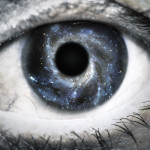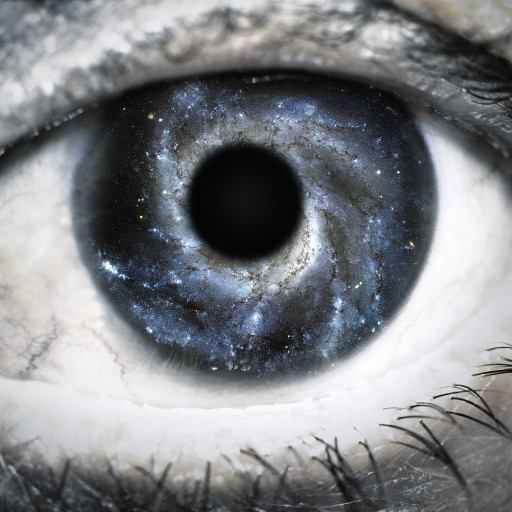
“Samhain” (pronounced “sow-in,” with the “ow” like in “cow,” or “sow-een,” with “ow” as in “glow”) is an Irish Gaelic term for the time of “summer’s end,” as well as a festival to mark the end of the harvest season and the onset of winter which, in the Gaelic / Celtic calendar, marked the beginning of the year. Because the Celtic day began and ended at sunset, not sunrise, the festival was traditionally celebrated from October 31 to November 1. Sanhaim is the ancient backdrop to Halloween, not only in terms of the calendar, but also in terms of basically all the modern elements of that holiday. This episode investigates the history of Samhain and its curious links to the ancient biblical worldview of demons, giants, and the realm of the dead.
Articles for this episode:
In public domain, via archive.org, from Hastings’ Encyclopædia of Religion and Ethics (ed. James Hastings, John A. Selbie, and Louis H. Gray; Edinburgh; New York: T. & T. Clark; Charles Scribner’s Sons, 1908–1926):
“(Celtic) Cosmogony”
“Celtic Feasts and Festivals”
“Irish Deities”
Journal articles not in public domain:
Helen Sewell Johnson, “November Eve Beliefs and Customs in Irish Life and Literature,” The Journal of American Folklore 81:320 (Apr. – Jun., 1968), pp. 133-142
Jack Santino, “Halloween in America: Contemporary Customs and Performances,” Western Folklore 42:1 (Jan., 1983), pp. 1-20
